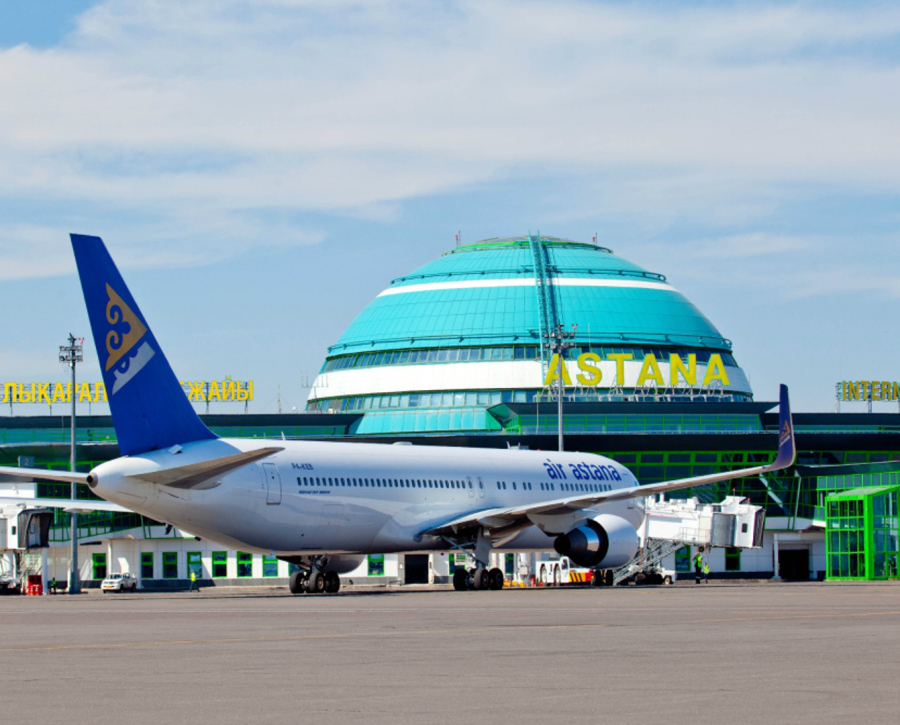
A new technology is
being tested on Kazakhstan’s highways. Before it can be recommended for
widespread use, domestic scientists decided to conduct trials on a section of
one of the national highways. The choice fell to Kurty-Burylbaital in the south,
where the so-called warm asphalt is being tested on a 200-meter section.
According to experts, this innovation will allow road construction and repairs
even in cold weather. In addition, the mixture will significantly reduce energy
costs at the preparation stages, lower expenses, and minimize environmental impact.
«In Kazakhstan, there
are several climatic zones. Somewhere, snow can fall as early as October and
persist until the end of April. This significantly reduces the time available
for constructing and repairing roads. According to current regulations, if we
lay asphalt at a temperature between 125 and 130 degrees Celsius using the warm
asphalt technology—with modified additives—we will be able to do this at a
lower temperature of around 90 degrees. This method enables us to work even
when the outdoor air temperature is lower. Laboratory tests have confirmed that
the warm asphalt effectively retains all its physical and mechanical properties,»
said Adina Ainayeva, official spokesperson for the Kazakhstan Road Research
Institute.
This year alone,
several domestic developments are under trial on national highways. These
include a bitumen and asphalt concrete modifier that increases the resistance
of surfaces to deformation. Tests are also underway for a deicing product, an
organosoluble paint with improved durability for road markings, and soil
additives. Each development will undergo two years of testing, after which
scientists will comprehensively evaluate their effectiveness.









